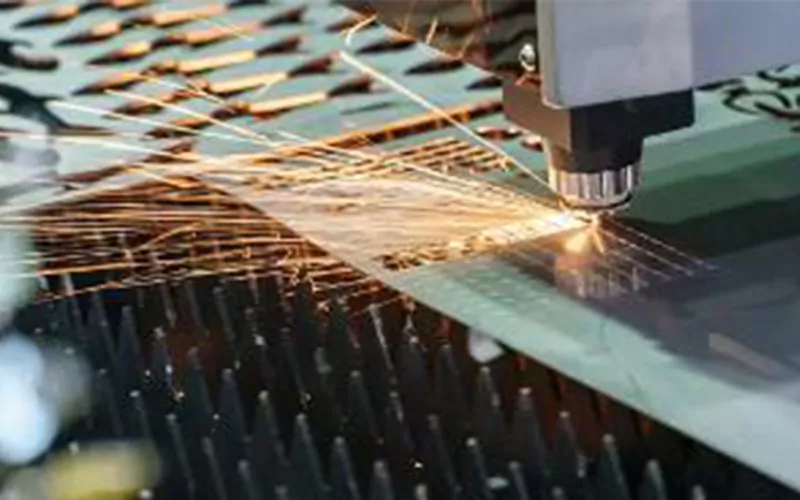Sheet metal manufacturing has come a long way in recent years, thanks to advancements in technology. The industry has witnessed a significant transformation, with the integration of innovative tools and techniques that enhance efficiency and quality control. In this blog post, we will explore how technology is revolutionizing sheet metal manufacturing and the impact it has on the industry.
Automation: Streamlining Processes
One of the key ways technology is revolutionizing sheet metal manufacturing is through automation. Automation has enabled manufacturers to streamline their processes, reducing human error and increasing productivity. With the use of computer numerical control (CNC) machines, sheet metal manufacturers can now automate tasks such as cutting, bending, and forming. This not only speeds up production but also ensures precision and consistency in the final product.
For example, a CNC machine can accurately cut intricate patterns on a sheet of metal, which would have been challenging to achieve manually. This level of precision allows manufacturers to create complex designs with ease, opening up new possibilities for customization and innovation.
Quality Control: Ensuring Consistency
Another area where technology is revolutionizing sheet metal manufacturing is in quality control. Traditionally, quality control involved manual inspection of each product, which was time-consuming and prone to errors. However, with the advent of advanced imaging systems and sensors, manufacturers can now implement automated quality control processes.
These systems can detect defects, measure dimensions, and check for inconsistencies in real-time, ensuring that every product meets the required specifications. By automating quality control, manufacturers can identify and rectify issues early in the production process, reducing waste and improving overall product quality.
Simulation: Optimizing Production
Simulation technology is another game-changer in sheet metal manufacturing. By creating virtual models of the manufacturing process, manufacturers can optimize production and minimize downtime. Simulation software allows manufacturers to test different scenarios, identify bottlenecks, and make informed decisions to enhance efficiency.
For instance, manufacturers can simulate the bending process to determine the optimal angle and force required for a specific sheet metal design. This not only saves time but also reduces material waste and minimizes the risk of errors. By leveraging simulation technology, manufacturers can fine-tune their processes and achieve higher levels of efficiency and productivity.
Data Analytics: Driving Continuous Improvement
Data analytics plays a crucial role in revolutionizing sheet metal manufacturing. By collecting and analyzing data from various stages of the production process, manufacturers can gain valuable insights into their operations. This data can be used to identify patterns, detect inefficiencies, and drive continuous improvement.
For example, by analyzing data on machine performance, manufacturers can identify maintenance needs and schedule preventive maintenance to avoid costly breakdowns. Data analytics can also help optimize inventory management, ensuring that the right materials are available at the right time, minimizing delays and reducing costs.
Furthermore, data analytics can enable predictive maintenance, where machines are monitored in real-time, and potential issues are identified before they cause any disruption. This proactive approach not only enhances efficiency but also extends the lifespan of equipment, resulting in cost savings for manufacturers.
In conclusion, technology is revolutionizing sheet metal manufacturing by enhancing efficiency and quality control. Automation, quality control systems, simulation technology, and data analytics are just a few examples of how technology is transforming the industry. As advancements continue to emerge, sheet metal manufacturers can expect increased productivity, improved product quality, and greater innovation in the years to come.

